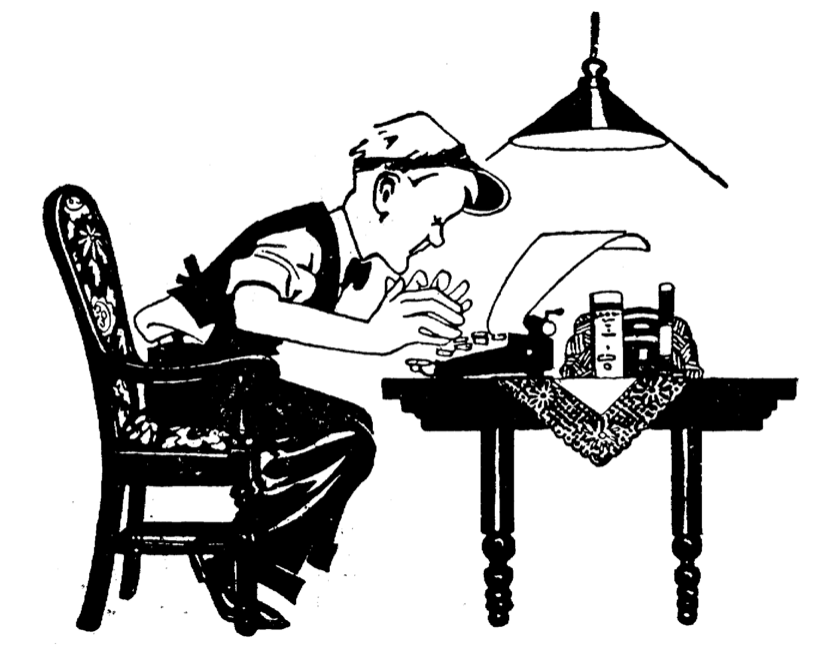
Media training in two minutes
What is the wise thing to do when a journalist knocks on the lab door and wants to write about your research? The answer is this: take a big breath, buy some time, gather your thoughts and then bid them welcome with the ambition to take command of the interview—in a curious and friendly way.
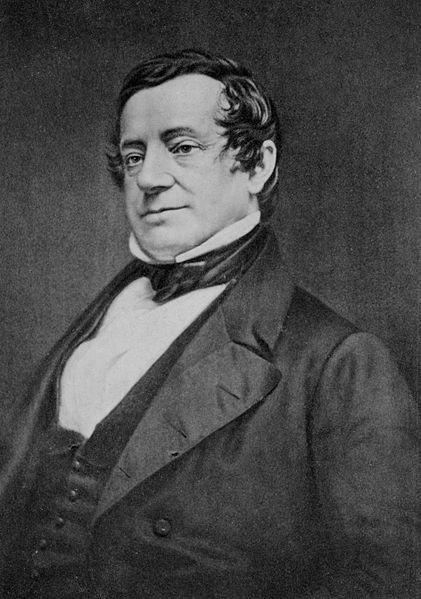
Enthusiasm = eloquence
The emails from A Word a Day don't only help you to increase your vocabulary, but also offer great quotes from authors and philosophers.
This one, from the American author Washington Irving—best known for the story The Legend of Sleepy…
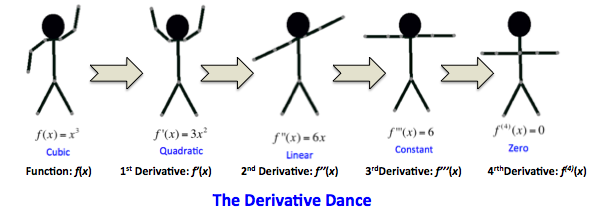
Derivative dance makes math crystal clear
Mr. Math Teacher’s Derivative Dance takes the beautiful math dance moves one step further.
As you have seen before, we like dancing here at crastina.se. Recently, an FB friend sent me the image below which—for all I can see—has been…

Getting your motor running: how to start a presentation
Giving momentum. That’s what you are doing when you are start talking to your fellows (or professors …). You are igniting their minds and curiosity just like you ignite your car when you start driving.
Now, there are different…
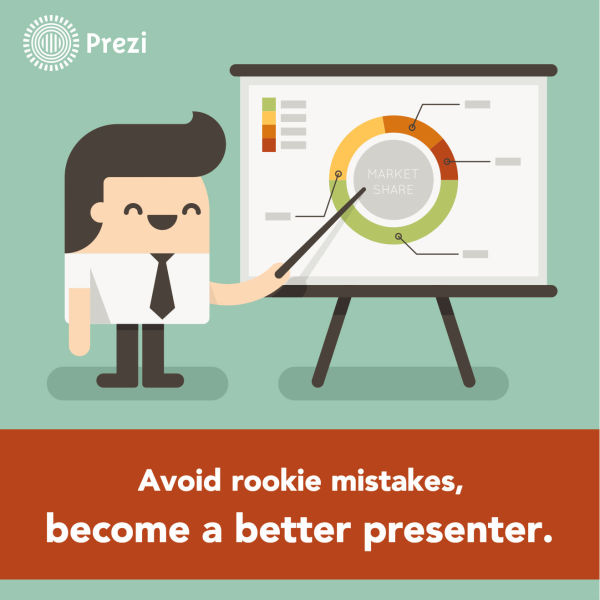
Great tips for unexperienced speakers
A recent article on the Prezi company blog contained some really good advice for unexperienced speakers: 10 Most Common Rookie Mistakes in Public Speaking.
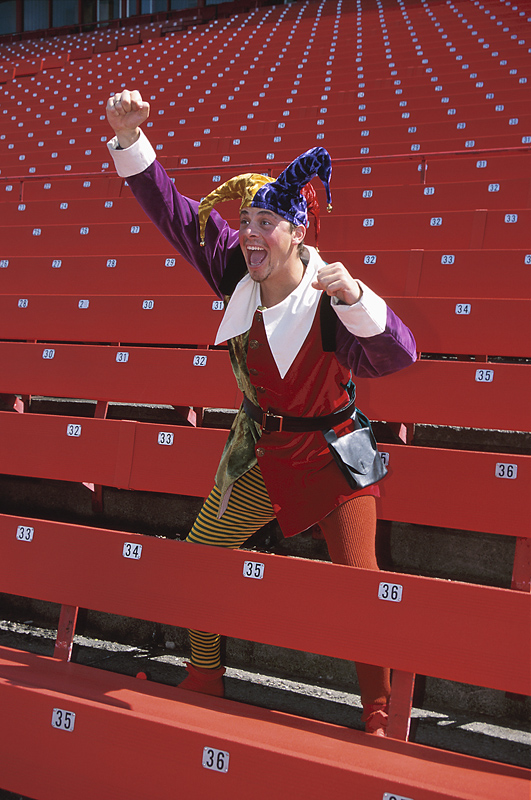
Fighting the boredom, part 3: “Become a better scientific communicator by experiencing it.”
In this third part of his four part blog article, Leonidas Georgiou shows us some communicators who inspire him.

Stylish TED-Ed animation explains the chemistry of cookies
The educator Stephanie Warren and Augenblick studios have created a gorgeous TED-Ed video which explains the chemistry of cookies.

